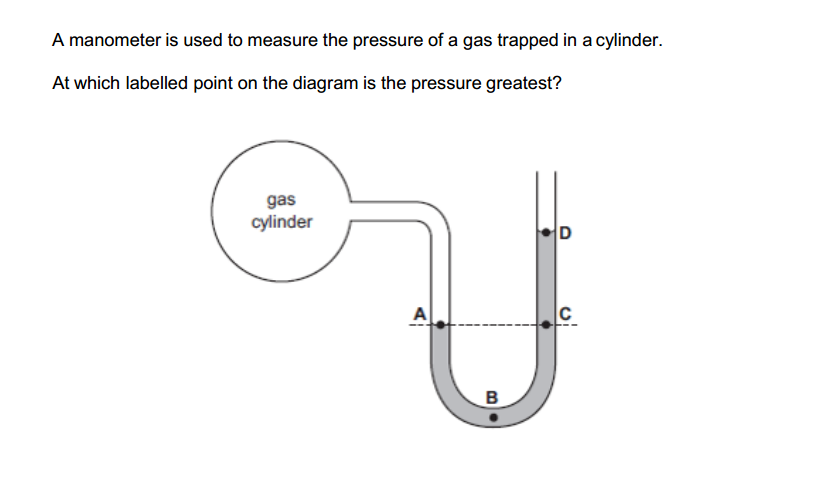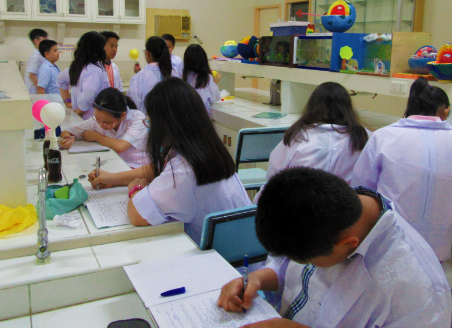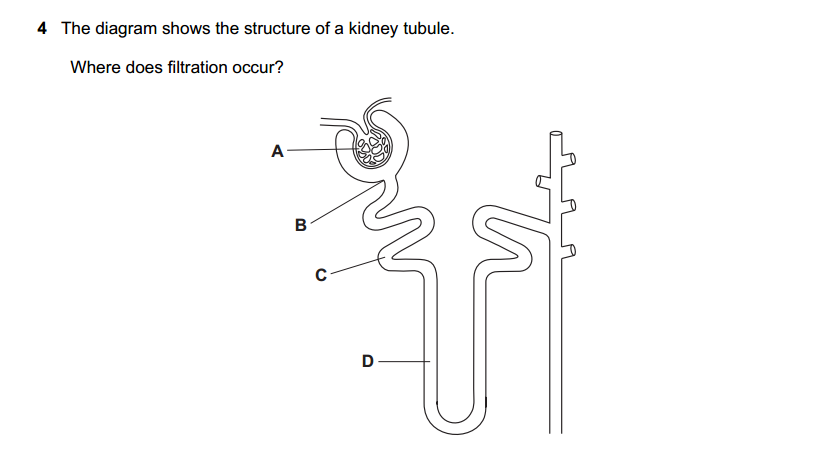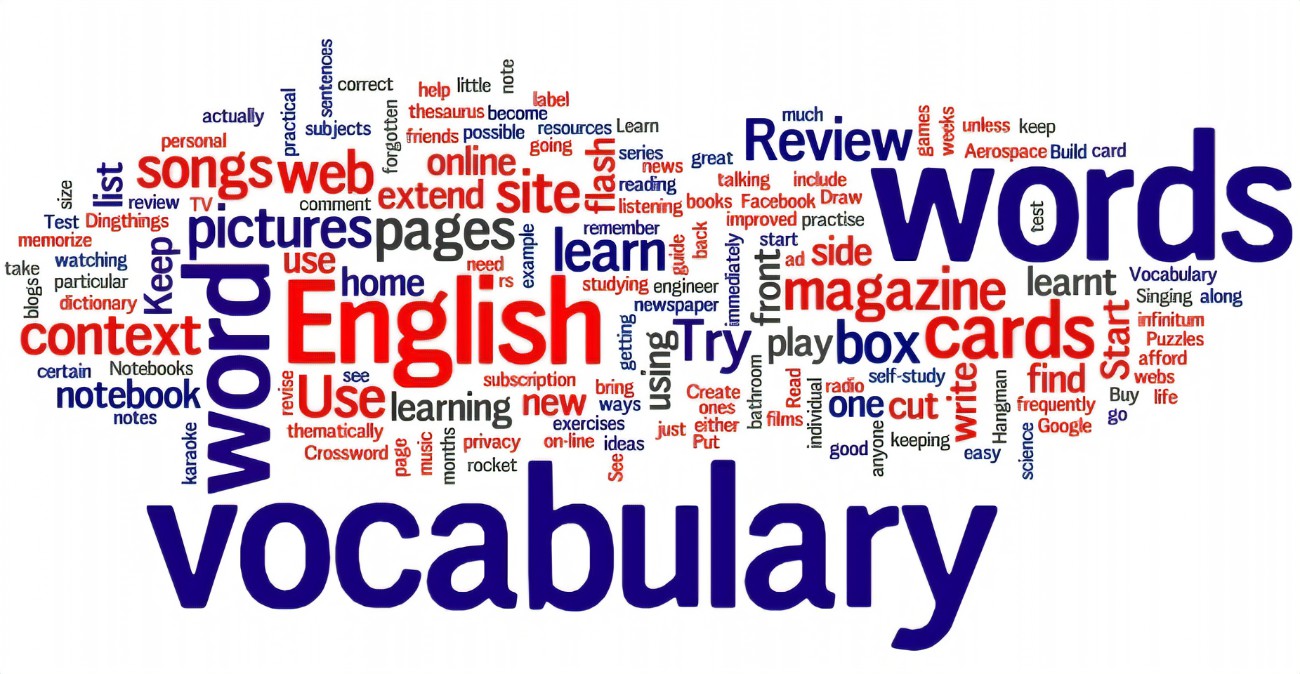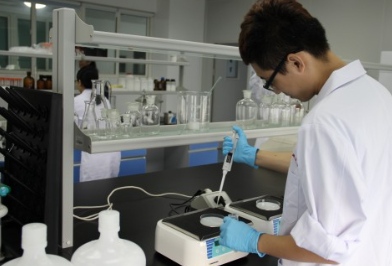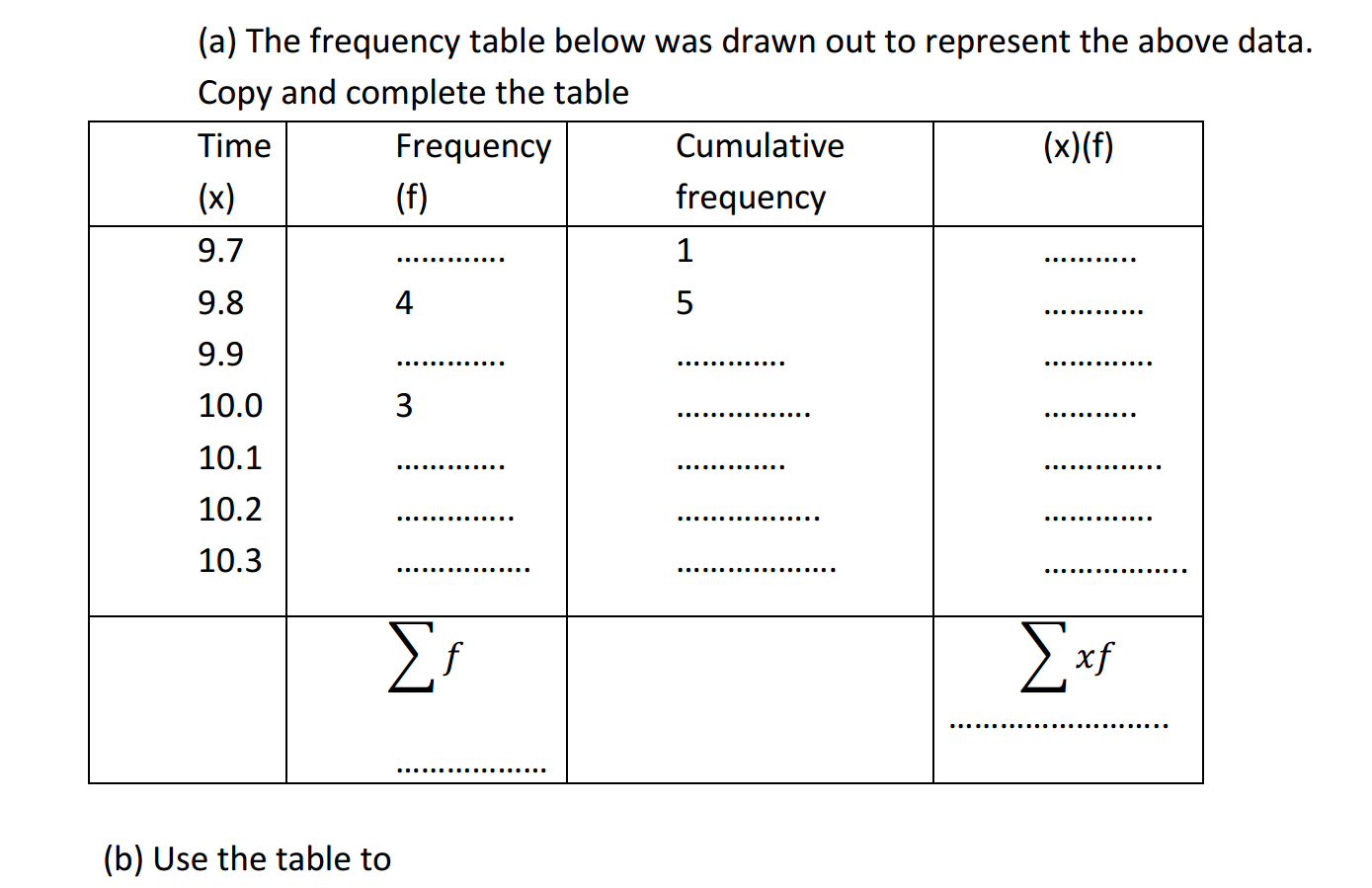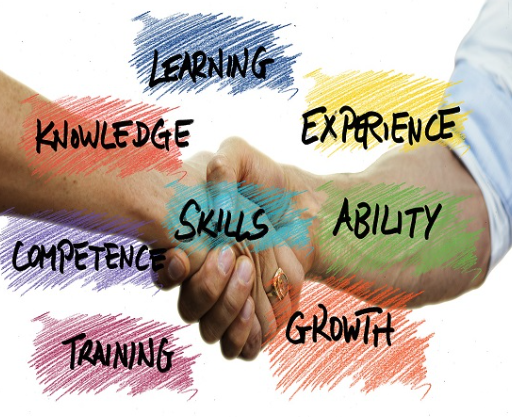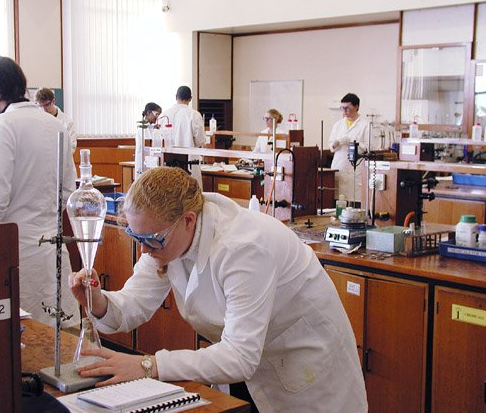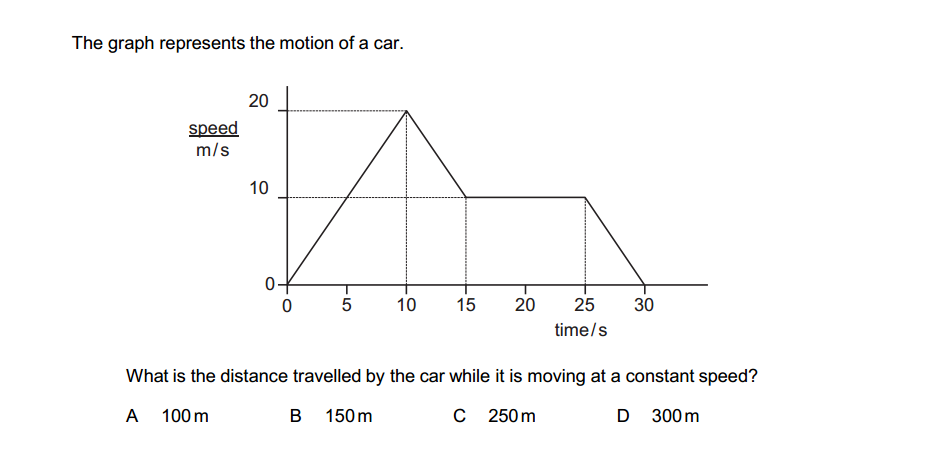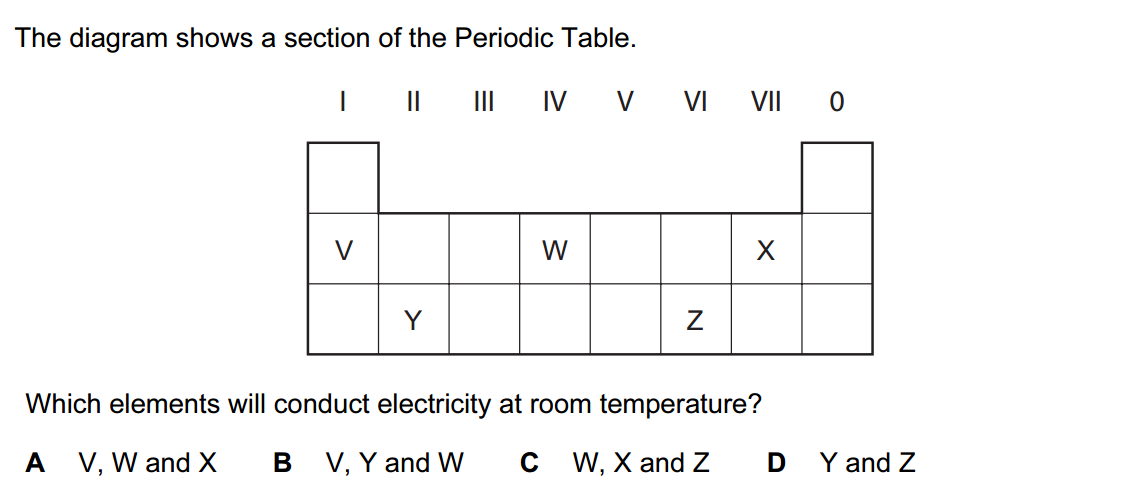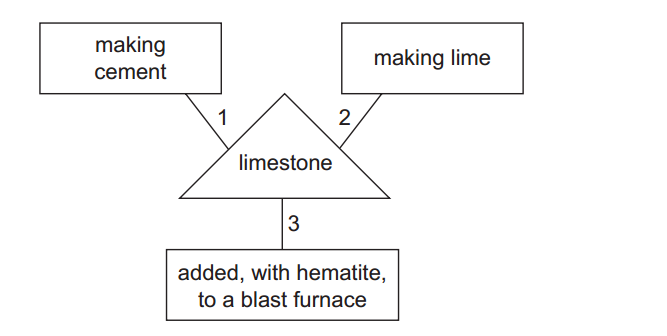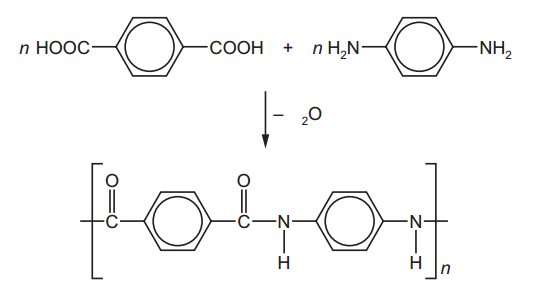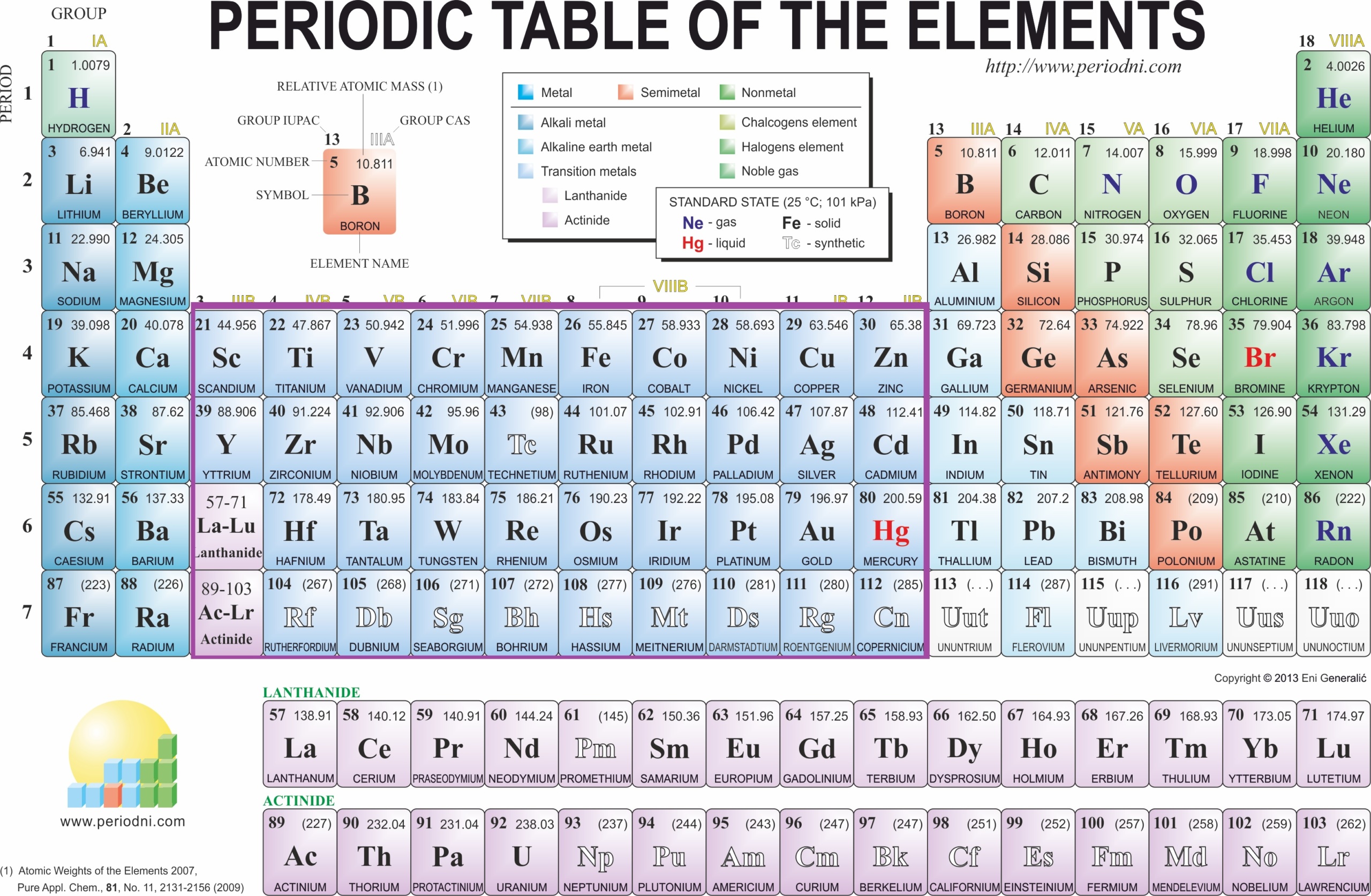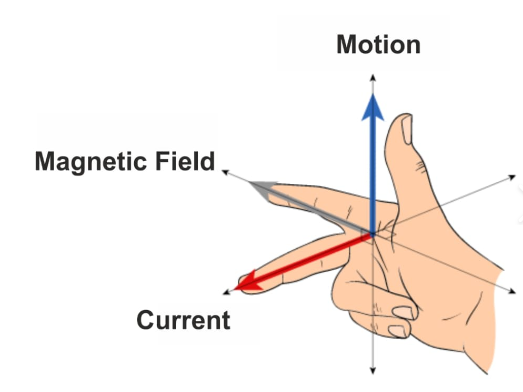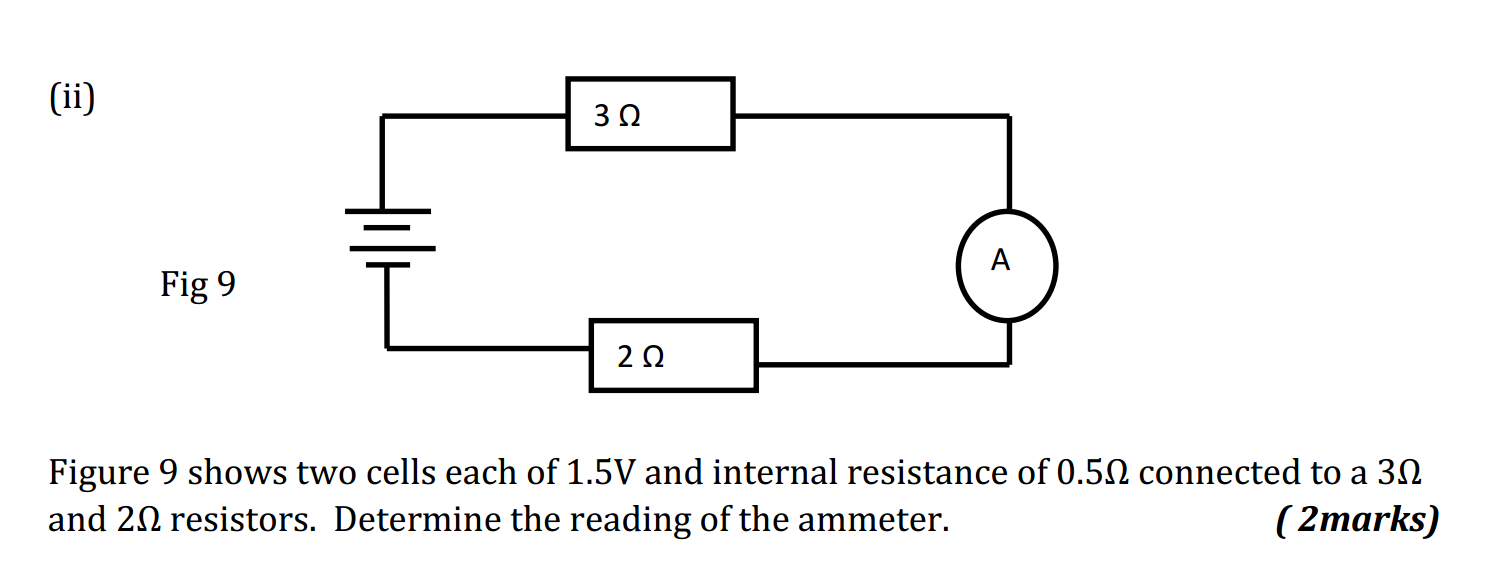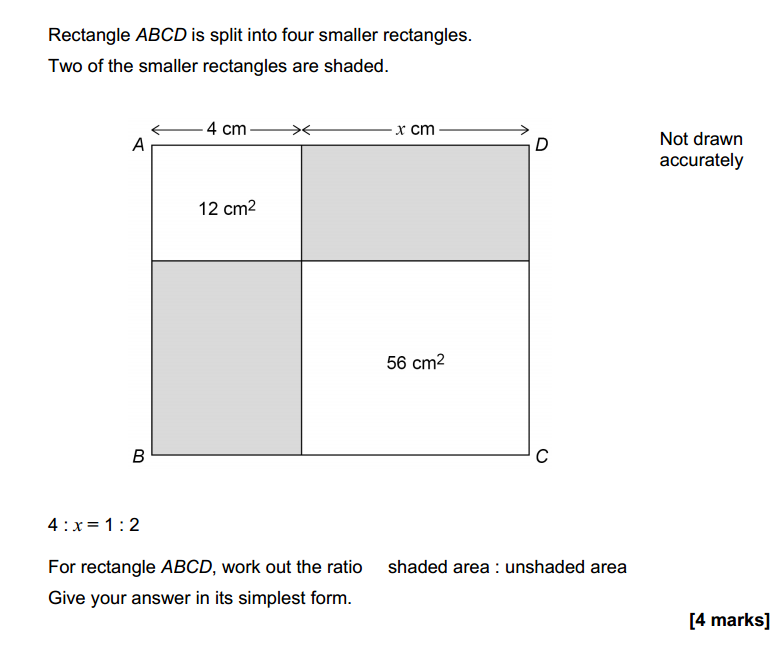School debates are structured discussions where participants present and defend their opinions on a given topic. These debates often follow a specific format, with teams or individuals presenting arguments, counterarguments, and rebuttals. School debates are commonly organized as part of co-curricular activities, debate clubs, or academic competitions. Here are some advantages of engaging in school debates:
- Critical Thinking Skills:
- Debates require participants to analyze and evaluate information, fostering critical thinking skills. Students learn to assess the validity of arguments, weigh evidence, and make informed decisions.
- Communication Skills:
- Debating helps students develop effective communication skills, including articulation, clarity, and the ability to express ideas coherently. Public speaking becomes less intimidating as students gain confidence in presenting their viewpoints.
- Research Skills:
- Participants in school debates learn how to conduct research to support their arguments. This helps develop research skills, including information gathering, source evaluation, and the ability to use evidence effectively.
- Persuasion and Advocacy:
- Debates teach students the art of persuasion and advocacy. Participants learn how to present their viewpoints convincingly, use rhetorical techniques, and engage with an audience to make a compelling case.
- Listening Skills:
- Engaging in debates requires active listening as participants must understand and respond to opposing arguments. This helps students improve their listening skills and consider different perspectives.
- Confidence Building:
- Public speaking can be intimidating, but participating in debates helps build confidence. As students present their arguments and engage in discussions, they become more comfortable expressing their opinions in front of an audience.
- Conflict Resolution:
- Debates often involve conflicting opinions, and participants learn how to engage in constructive dialogue and resolve disagreements. This skill is valuable not only in academic settings but also in various aspects of life.
- Awareness of Current Affairs:
- Many debate topics are related to current events and societal issues. Participating in debates encourages students to stay informed about the world, enhancing their awareness of current affairs.
- Teamwork and Collaboration:
- Debates can be team-based, requiring collaboration among participants. Students learn to work together, share responsibilities, and coordinate efforts to present a cohesive argument.
- Enhanced Vocabulary:
- Debates expose students to diverse perspectives and arguments, expanding their vocabulary. Exposure to various topics also helps students articulate their thoughts more precisely.
- Preparation and Time Management:
- Debates involve thorough preparation, requiring participants to manage their time effectively. Students learn to prioritize tasks, organize information, and meet deadlines.
- Civic Engagement:
- Engaging in debates on social and political issues encourages students to become active and informed citizens. It fosters a sense of responsibility and an understanding of the importance of participating in democratic processes.
Overall, school debates offer a holistic learning experience that goes beyond the classroom, providing students with valuable skills and preparing them for various challenges in academic, professional, and personal contexts.






